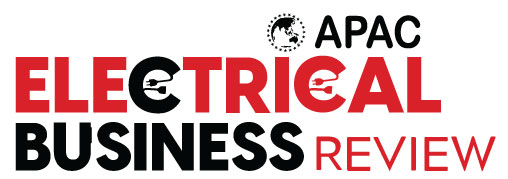Thank you for Subscribing to Electrical Business Review Weekly Brief
Factors to Consider While Selecting an Industrial Fastener Distributor
Electrical Business Review | Wednesday, November 29, 2023
The industrial distribution landscape has significantly changed, with manufacturers now offering direct sales channels to reach buyers. Historically, manufacturers outsourced sales to distributors, who sought out and transacted with customers in local regions. However, the internet has allowed manufacturers to reach end users directly, reshaping the role of distributors.
Fremont, CA: Industrial distributors cater to the unique demands of the construction, maintenance, repair, and fabrication markets by offering larger stock volumes, strategic pricing models, and experienced technical staff. These services can be invaluable for buyers, acting as an extension of their team and knowledge base. Building a healthy relationship with local Distributors is crucial for successful projects. Buyers should consider factors such as trust, mutual support, and shared success when comparing and selecting distributors.
Unique Factors to Take Into Account While Selecting an Industrial Fastener Supplier
Stay ahead of the industry with exclusive feature stories on the top companies, expert insights and the latest news delivered straight to your inbox. Subscribe today.
When choosing a distributor for industrial distribution, buyers should consider several factors, including OEM relationships, order volumes, technical application support, exclusive agreements, and open distribution agreements. Direct OEM distributors often have factory training, access to detailed documentation, and quick access to factory technical and customer support. They should work with in-order volumes that suit your needs, such as bulk package breaking and individual unit sales for small volumes or high volumes for large quantities.
Technical application support is crucial for specifying fasteners for projects, and buyers should evaluate distributors based on their trained, qualified, experienced technical staff and support services. Exclusive agreements may provide benefits to manufacturers, such as limited competition, aggressive pricing, or co-marketing value. Open distribution agreements offer a more comprehensive range of products and impartial support without a formal arrangement but may not carry premium brands or direct factory support.
Fasteners are typically routed into maintenance, repair, and operation uses (MRO) or project-specific services. MRO buying occurs in factories, repair shops, and large businesses, where fasteners are consumed consistently and replaced in a predictable, cyclic fashion. Project-oriented distributors may offer lower stock volumes and personalized local deliveries, while MRO-oriented distributors may offer high stock volumes and volume-based pricing. Buyers should evaluate a distributor's offerings tailored to their specific buying cycle.
More in News




